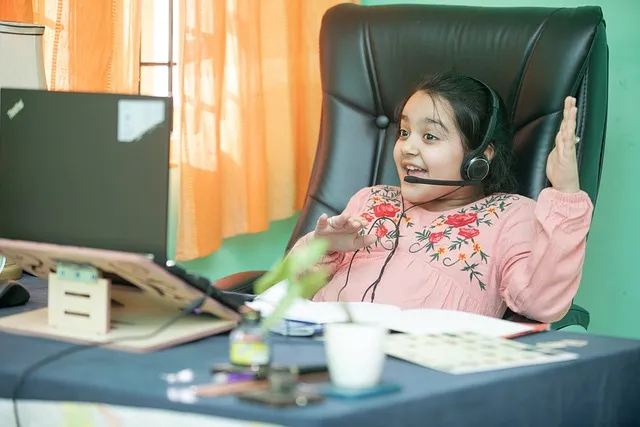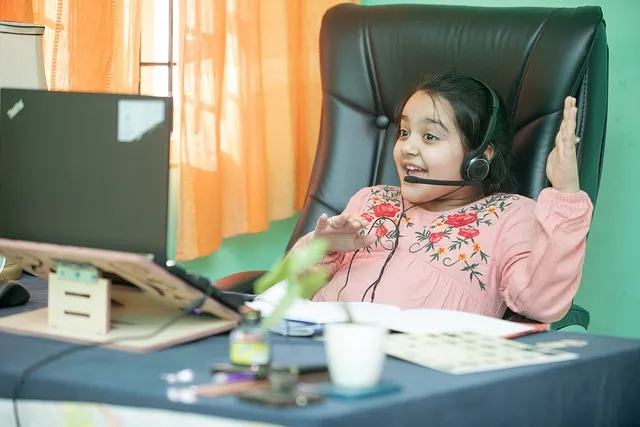Confidential computing secures data within cloud environments while preserving privacy and confidentiality for medical researchers globally, including non-profits managing vast sensitive data like health records. Techniques such as encryption and secure multi-party computation ensure data confidentiality without compromising efficiency. Private Internet Access (PIA) is a vital solution for protecting critical medical information shared among researchers worldwide, fostering international collaboration, and accelerating global medical breakthroughs. Non-profit organizations use PIA to create encrypted, closed networks, enabling safe data transmission and enhancing global medical community collaboration while adhering to stringent privacy standards.
Confidential computing is transforming how non-profits handle sensitive data, especially in medical research. This article explores the critical role of private internet access (PIA) in securing global collaboration among researchers, ensuring data privacy and compliance. We delve into best practices for secure data sharing, highlighting successful case studies within the non-profit sector. Understanding confidential computing is crucial for organizations aiming to protect sensitive information while facilitating groundbreaking medical research globally, leveraging PIA for secure connectivity.
- Understanding Confidential Computing: Protecting Sensitive Data in Non-Profit Organizations
- The Role of Private Internet Access in Medical Research: Ensuring Global Collaboration
- Implementing Secure Data Sharing Practices for Non-Profit Medical Researchers
- Case Studies: Successful Adoption of Confidential Computing in the Non-Profit Sector
Understanding Confidential Computing: Protecting Sensitive Data in Non-Profit Organizations

Confidential computing is an emerging field that focuses on securing data within the cloud, ensuring privacy and confidentiality even as it’s processed. This is particularly crucial for non-profit organizations dealing with sensitive information, such as medical researchers worldwide who access private internet connections. By implementing confidential computing practices, these groups can protect data from unauthorized access or breaches without sacrificing computational power or efficiency.
Non-profits often collect and manage vast amounts of personal health data, financial records, and other critical information. Protecting this data is not just a legal requirement but also a matter of ethical responsibility. Confidential computing offers a robust solution through techniques like encryption, secure multi-party computation, and private networks, ensuring that data remains confidential even while it’s being used for analysis or research purposes. This approach allows non-profits to maintain the trust of their stakeholders and beneficiaries, fostering a culture of transparency and integrity in their operations.
The Role of Private Internet Access in Medical Research: Ensuring Global Collaboration

In today’s globalised world, medical research is a collaborative effort that transcends geographical boundaries. However, ensuring secure data exchange between researchers worldwide remains a significant challenge. This is where Private Internet Access (PIA) for medical researchers comes into play as a crucial enabler. PIA provides an encrypted tunnel, safeguarding sensitive medical data during transmission, thus fostering trust among collaborators.
By leveraging PIA, researchers can collaborate seamlessly, sharing large datasets and complex research findings with confidence. This not only enhances the speed and efficiency of global medical breakthroughs but also encourages diverse perspectives and expertise to converge. As a result, medical advancements can be achieved more promptly, benefiting patients worldwide through improved diagnostics, treatments, and healthcare systems.
Implementing Secure Data Sharing Practices for Non-Profit Medical Researchers

Non-profit medical researchers face unique challenges when it comes to data sharing due to stringent privacy regulations and sensitive patient information. To ensure secure data handling, implementing private Internet access becomes a cornerstone strategy for organizations dedicated to advancing medical knowledge globally. By creating encrypted, closed networks, researchers can collaborate effectively while maintaining the confidentiality of personal health records.
This practice facilitates the safe transmission of critical medical insights across geographical boundaries, fostering international partnerships and accelerating research progress. With private Internet access, non-profits can establish trusted environments where researchers from diverse locations can work together on sensitive projects without compromising data security. Consequently, this enhances global collaboration in the medical community while adhering to stringent privacy standards.
Case Studies: Successful Adoption of Confidential Computing in the Non-Profit Sector

In recent years, non-profit organizations have been embracing confidential computing as a powerful tool to advance their missions and make a significant impact globally. One notable example is its application in medical research. By leveraging private Internet access for medical researchers worldwide, non-profits can facilitate secure data sharing and collaboration, enabling groundbreaking studies that could lead to life-changing discoveries. This approach ensures sensitive patient information remains confidential while allowing researchers from diverse regions to pool their resources and expertise.
For instance, a leading global health initiative has successfully implemented confidential computing to protect the privacy of millions of individuals participating in clinical trials. Through this secure infrastructure, they’ve fostered international cooperation among researchers, accelerating drug development and improving healthcare outcomes for underserved communities worldwide. This case study exemplifies how non-profits can harness technology to transcend geographical boundaries and create a unified front in addressing pressing global health challenges.
Confidential computing is a game-changer for non-profits, especially in medical research. By adopting secure data sharing practices and leveraging tools like private internet access for medical researchers worldwide, organizations can protect sensitive information while fostering global collaboration. The case studies presented demonstrate that this approach not only enhances data privacy but also revolutionizes how non-profit sectors conduct research, ultimately benefiting their missions and the communities they serve.
